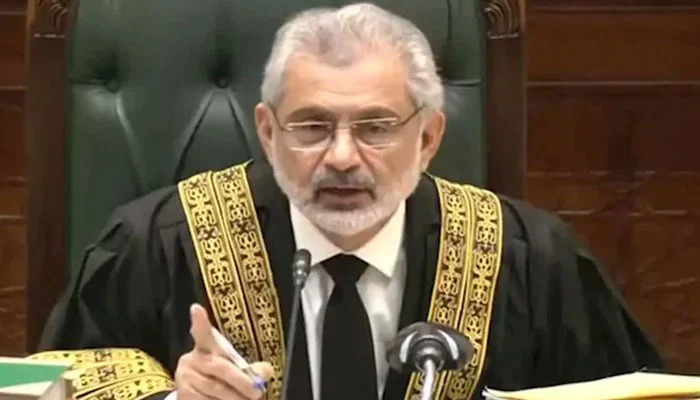The State Bank of Pakistan (SBP) has disclosed that the government’s debt has surged to a staggering 62.482 trillion rupees by the end of October 2023. According to the central bank, during the month of October 2023 alone, the government acquired loans totaling 191.4 billion rupees. This includes 711.9 billion rupees in domestic loans and the repayment of 520 billion rupees in external debt.
The SBP further notes that over the period from October 2022 to October 2023, the government has borrowed a substantial 12.275 trillion rupees. The breakdown reveals that during this period, the government acquired 7.853 trillion rupees in domestic loans and 4.422 trillion rupees in external loans.
The data provided by the State Bank of Pakistan indicates a significant increase of 20% in the government’s debt within one year. As of October 2023, the government’s local debt stands at a staggering 40.409 trillion rupees, while its external debt amounts to 22.073 trillion rupees.
The monthly borrowing trends underscore the fiscal challenges faced by the government, with a substantial reliance on both domestic and external borrowing to meet financial obligations and bridge budgetary gaps. The continuous accumulation of debt raises concerns about the country’s fiscal sustainability and the impact on future economic stability.
It is noteworthy that the government’s debt burden is expected to reach 820 billion rupees by June 30, 2024, according to projections by the International Monetary Fund (IMF). This projection reinforces the urgency for the government to implement effective fiscal policies, revenue generation strategies, and debt management measures to mitigate the risk of a burgeoning debt crisis.
As Pakistan navigates its economic challenges, the spotlight remains on the government’s ability to strike a balance between meeting immediate financial needs and ensuring long-term fiscal sustainability. The rising debt figures underscore the need for prudent financial management and the implementation of comprehensive economic reforms to ensure a stable and resilient economy in the face of evolving global and domestic economic landscapes.



